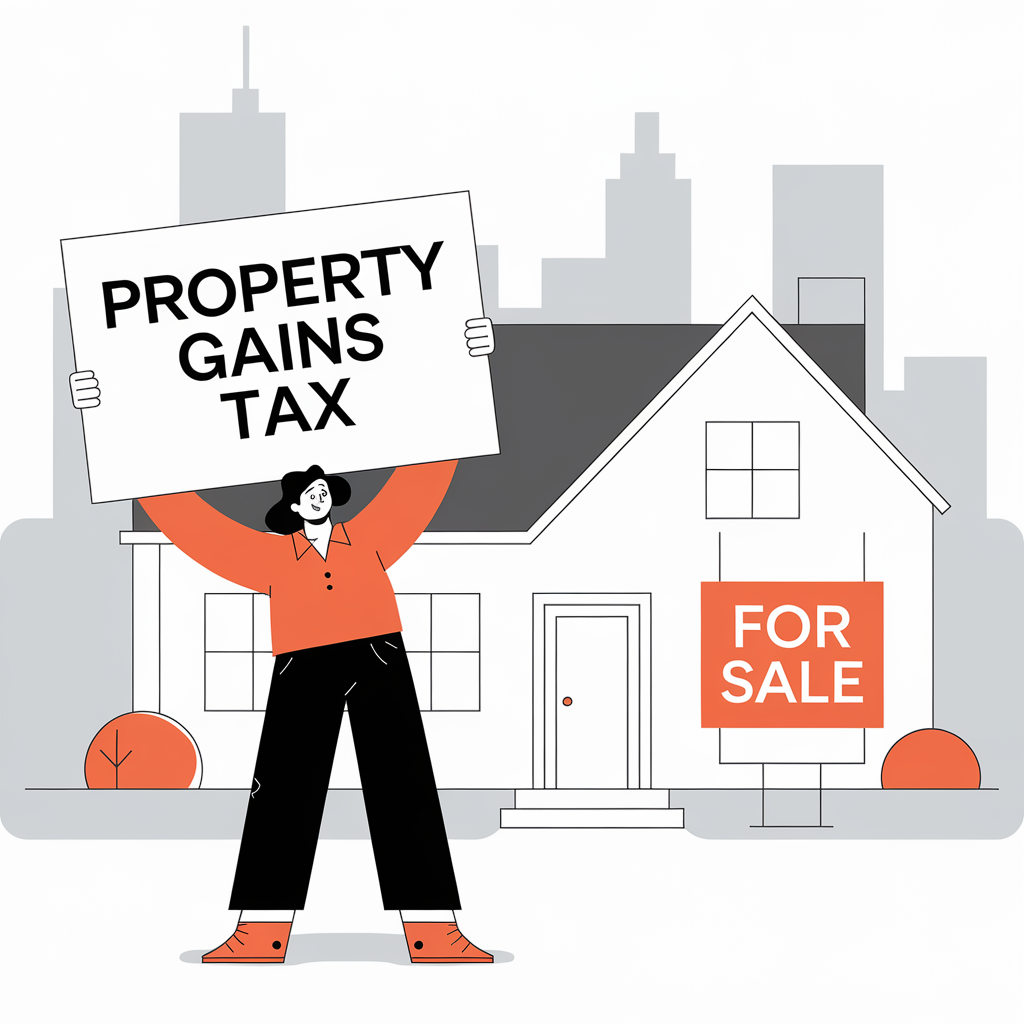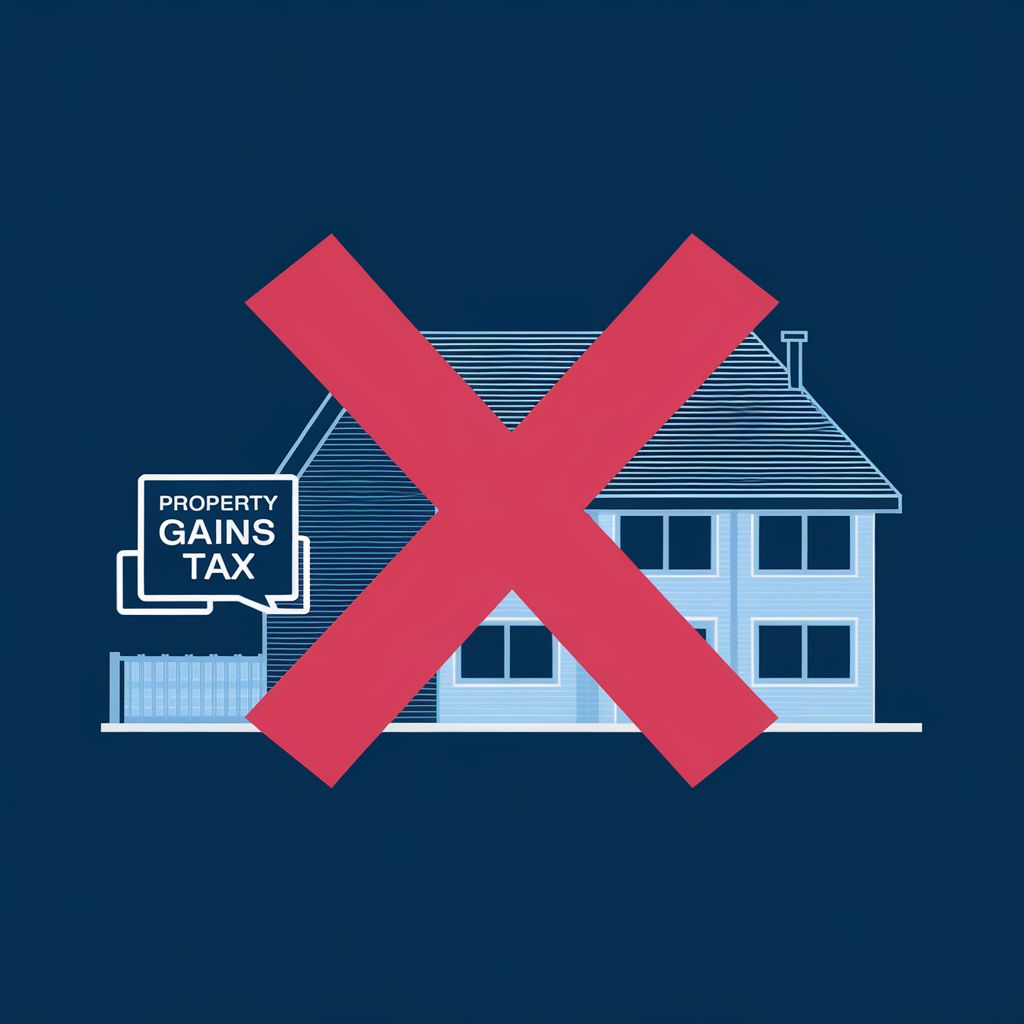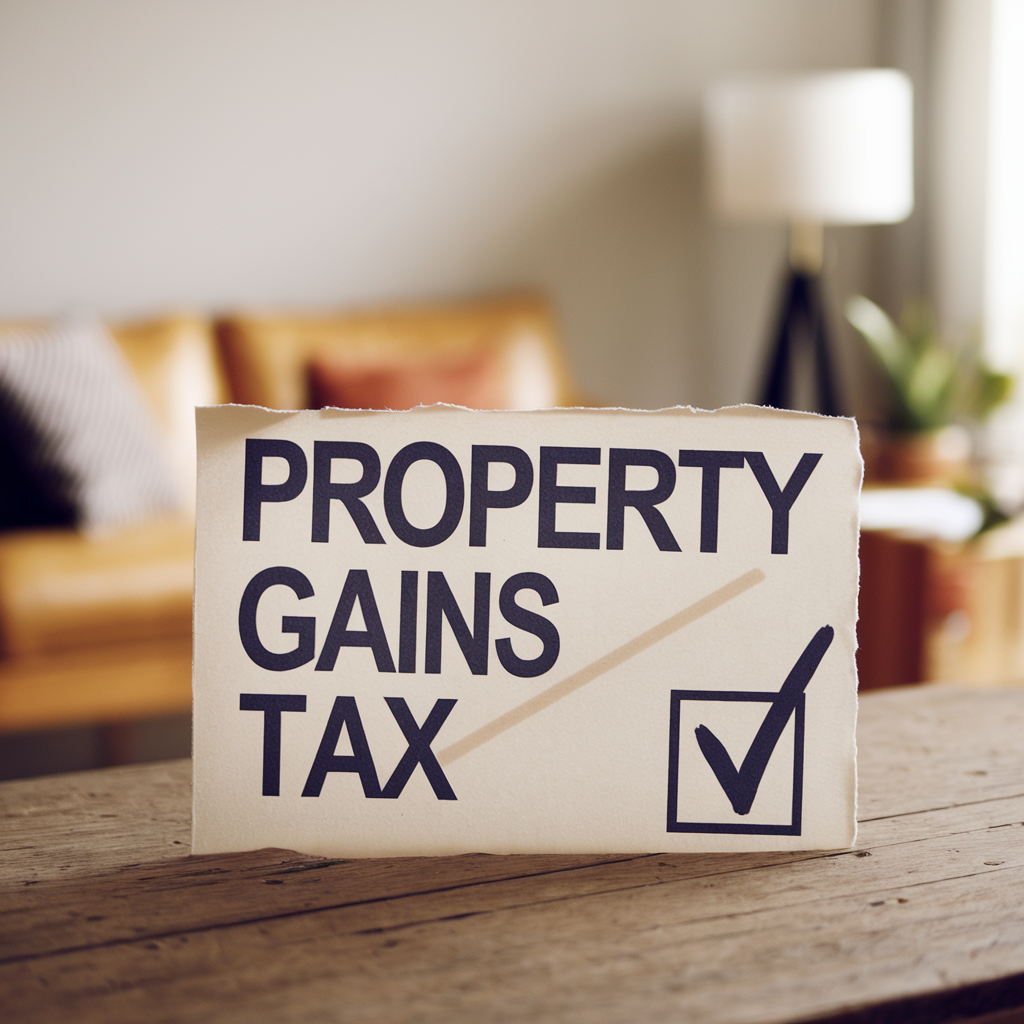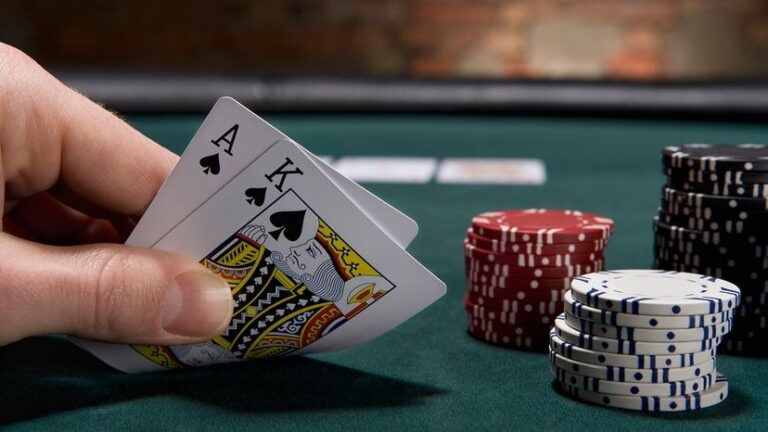When selling a property, one of the crucial factors to consider is the tax implications. Property gains tax, often referred to as capital gains tax on property, is a tax levied on the profit made from selling real estate. This tax can significantly impact the amount of profit a seller takes home after the sale. Understanding the intricacies of property gains tax can help homeowners make informed decisions and plan effectively to minimize tax liabilities.
In Switzerland, the property gains tax, known locally as grundstückgewinnsteuer, is applied to the profit made from the sale of a property. This tax is calculated based on the difference between the purchase price and the selling price of the property, minus any allowable expenses. These expenses could include renovation costs, brokerage fees, or legal costs related to the sale. The tax rate can vary significantly depending on the canton and the duration for which the property was held. Generally, the longer the property has been owned, the lower the tax rate, as a form of encouragement for long-term property investment.
How Property Gains Tax is Calculated

The calculation of property gains tax involves several steps. Initially, the profit from the sale is determined by subtracting the acquisition costs (purchase price and any allowable purchase expenses) from the sale price. Allowable expenses are then deducted from this profit. These expenses might include substantial renovations or improvements made to the property, provided they can be documented and justified as increasing the property’s value.
For example, if a homeowner purchased a property for CHF 500,000 and sold it for CHF 700,000, the initial profit would be CHF 200,000. If the homeowner spent CHF 50,000 on renovations, the taxable profit would be reduced to CHF 150,000. Each canton in Switzerland has a different tax rate, and these rates often decrease the longer the property has been owned. For instance, holding onto a property for more than 20 years might result in a significantly reduced tax rate compared to selling it after just a few years.
Factors Influencing Property Gains Tax
Several factors influence the amount of property gains tax owed. These include the length of ownership, the property’s location, and whether the seller is an individual or a business entity. For example, if a property has been owned for a long period, the tax rate is often lower. This reduction is to encourage property owners to hold onto their investments for a more extended period, which can help stabilize the real estate market.
Exemptions and Reductions
There are circumstances under which property gains tax may be reduced or even exempted. For instance, in many cantons, if the seller uses the proceeds from the sale of a property to purchase another primary residence within a specific time frame, the tax may be deferred or reduced. This provision is particularly beneficial for homeowners looking to upgrade or downsize without facing a significant tax burden.
Conclusion

Property gains tax can significantly impact the profit realized from the sale of real estate. By understanding the factors that influence this tax, such as duration of ownership, allowable expenses, and location-specific regulations, homeowners can better prepare for potential tax liabilities. Utilizing professional advice and staying informed about local tax laws can help minimize the impact of property gains tax, ensuring that sellers retain more of their hard-earned profits. For those planning a sale, being proactive and knowledgeable about property gains tax is crucial to a successful and financially advantageous real estate transaction.







